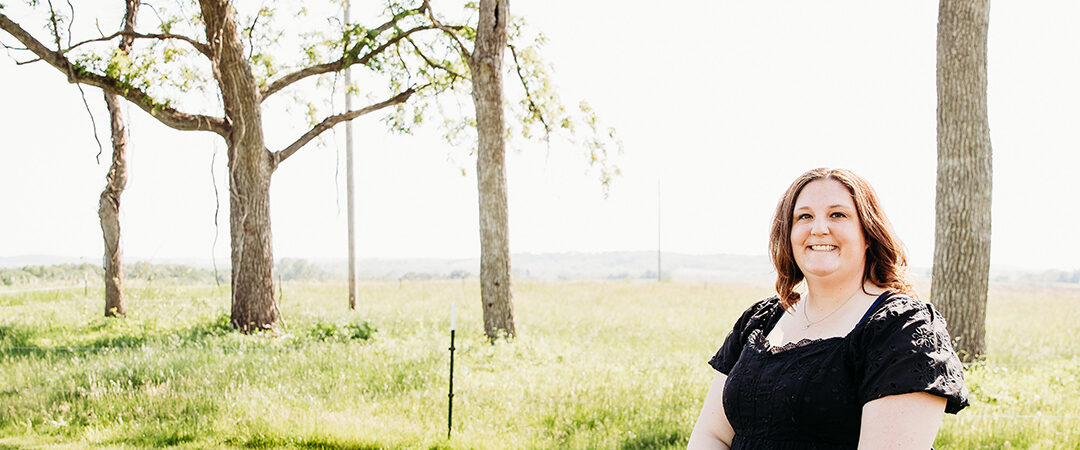Of the four theories of education we discussed (Perennialism, Essentialism, Progressivism, and Reconstructionism), Perennialism is definitely the theory that makes me the most uncomfortable. As a digital native and witness to the ever-changing body of knowledge necessary to succeed in the twenty-first century, I cannot agree with the Perennialist view that there are constant, enduring truths that exist in the world. With every advancement in technology and every discovery made, these truths change and mold—a Perennialist view of education does not capture these changes and bring them to the forefront of society. In my opinion, school is not simply a place to cultivate human intellect; in our age, there are so many skills that do not fit into the traditional ‘canon’ of skills and knowledge developed in a Perennialist curriculum—one must know so much more to succeed. For example, communication skills and skills in using and integrating technology into one’s daily life are not explored in the Perennialist theory of education, but are essential for day-to-day functioning.
The educational theory that I most relate to is Essentialism. This was surprising to me as I explored these theories on my own; during class I thought I would for sure relate more to Pragmatism—more specifically, the Progressivist view of education. However, as I delved into research and began thinking about my own values and beliefs, I have grown to appreciate the foundational knowledge that my liberal arts and sciences education has provided. Throughout my undergraduate years, I was introduced to a foundational base of knowledge to build from; and as I grew as a student, I was able to explore subjects of particular interest to me. Although the Essentialist approach to education is similar to Perennialism, Essentialists do believe that the core curriculum in education can change; it is able to adapt to the changing times and emphasize knowledge specific to the current era. I do appreciate having the same foundational knowledge as my elders before me. By doing so, I’m able to both connect with previous generations, while also connecting with my generation and generations to come. In this sense, education is a “civilizing agent,” essential to the functioning and growth of the world around us.
Another attribute of Essentialism that Progressivism and Reconstructionism don’t emphasize is the emphasis on authority. Again, I feel that authority plays an integral role in producing “civilized” students at a young age. However, I did value the ability to question authority as an undergraduate student; to explore a subject further if I misunderstood or disagreed with a professor’s thoughts or beliefs. I’m torn between an Essentialist and Progressivist view towards education—I feel that a strong foundation in an established curriculum is essential. I also feel that it is important for students to see what they’ve learned in practice—a strong emphasis on experience is necessary. I’m very excited to explore these theories of education further, to see how they apply to my educational journey and to point out how my learning experience might have differed.
